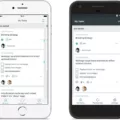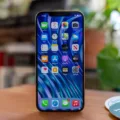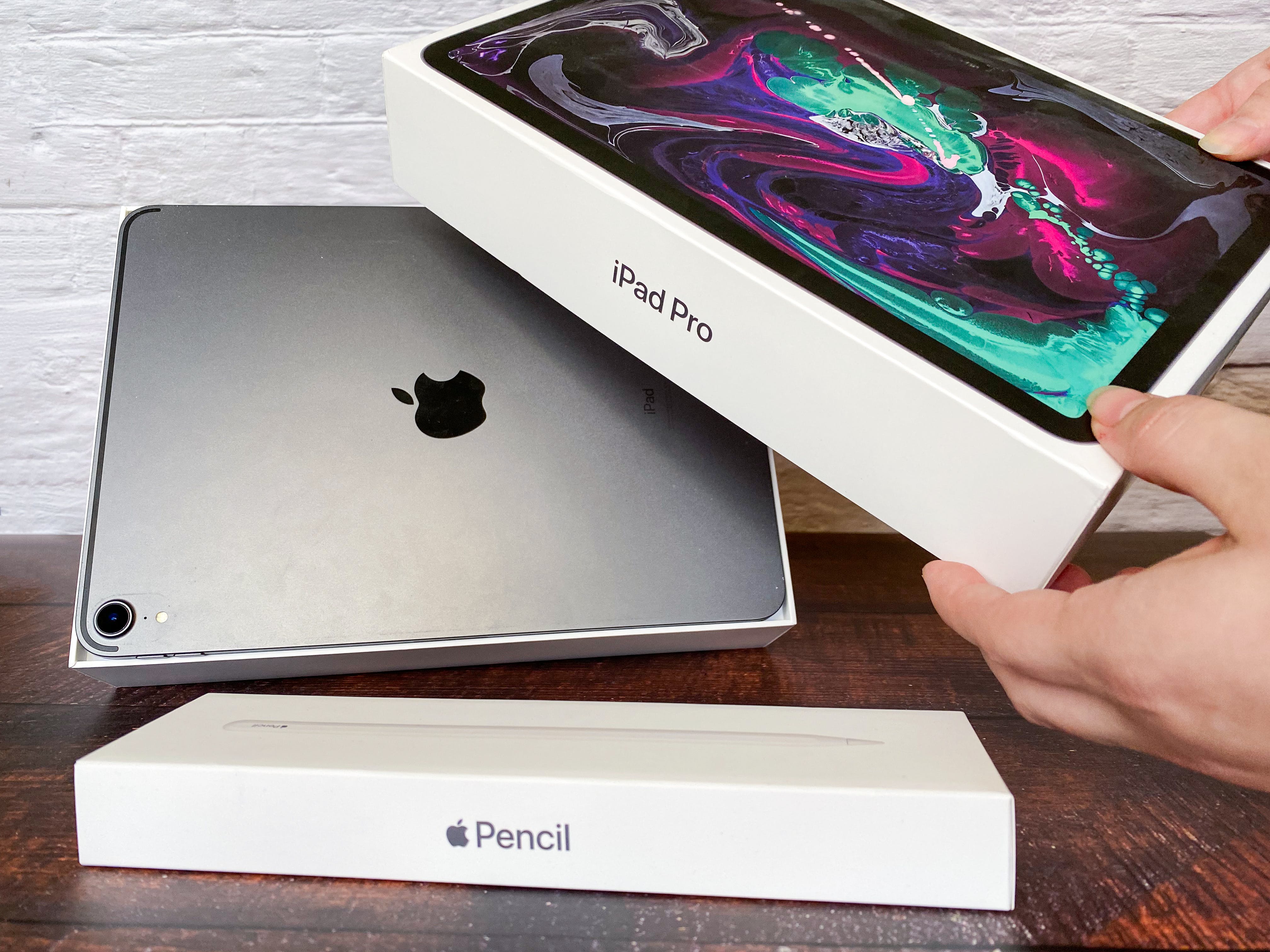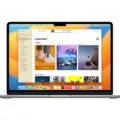The iPhone 13 has undoubtedly taken the smartphone market by storm with its sleek design, powerful performance, and innovative features. It’s no wonder that many users are eager to explore the full potential of their device, including the possibility of jailbreaking it. But what exactly is jailbreaking, and can you jailbreak an iPhone 13?
Jailbreaking refers to the process of removing certain software restrictions imposed by Apple on their iOS devices, such as iPhones and iPads. By jailbreaking your device, you gain root access, which essentially allows you to customize and modify your device beyond the limitations set by Apple. This can include installing unauthorized apps, customizing the user interface, and accessing system files and settings that are otherwise off-limits.
However, it’s essential to note that jailbreaking your iPhone 13 does not remove the iCloud Activation Lock. This lock is a security feature designed to prevent unauthorized access to a lost or stolen device. Therefore, even if you successfully jailbreak your device, it will still be tied to the original owner’s iCloud account, and you won’t be able to use it fully.
Now, let’s address the burning question: Can you jailbreak an iPhone 13? The answer is currently no. As of now, there is no jailbreak available for devices running iOS 15 or later, which includes the iPhone 13 series. Jailbreak developers and hacking communities are constantly working on finding vulnerabilities and exploits in iOS to create jailbreak tools. However, it takes time to discover and exploit these vulnerabilities, and it’s a cat-and-mouse game between Apple’s security updates and the jailbreak developers.
It’s worth mentioning that jailbreaking your iPhone 13, or any other device, comes with both advantages and disadvantages. On the one hand, it allows you to unlock additional functionalities, customize your device, and install apps not available on the official App Store. On the other hand, jailbreaking can compromise the security and stability of your device, making it more vulnerable to malware and other security threats. Additionally, jailbreaking voids your device’s warranty, and Apple may refuse to provide support or repairs for jailbroken devices.
While jailbreaking can offer exciting possibilities for customization and additional features, it is currently not possible to jailbreak an iPhone 13 running iOS 15 or later. It’s important to weigh the pros and cons and consider the potential risks before deciding whether to jailbreak your device. As always, it’s recommended to stay updated with the latest news and developments in the jailbreaking community if you’re interested in exploring this option.
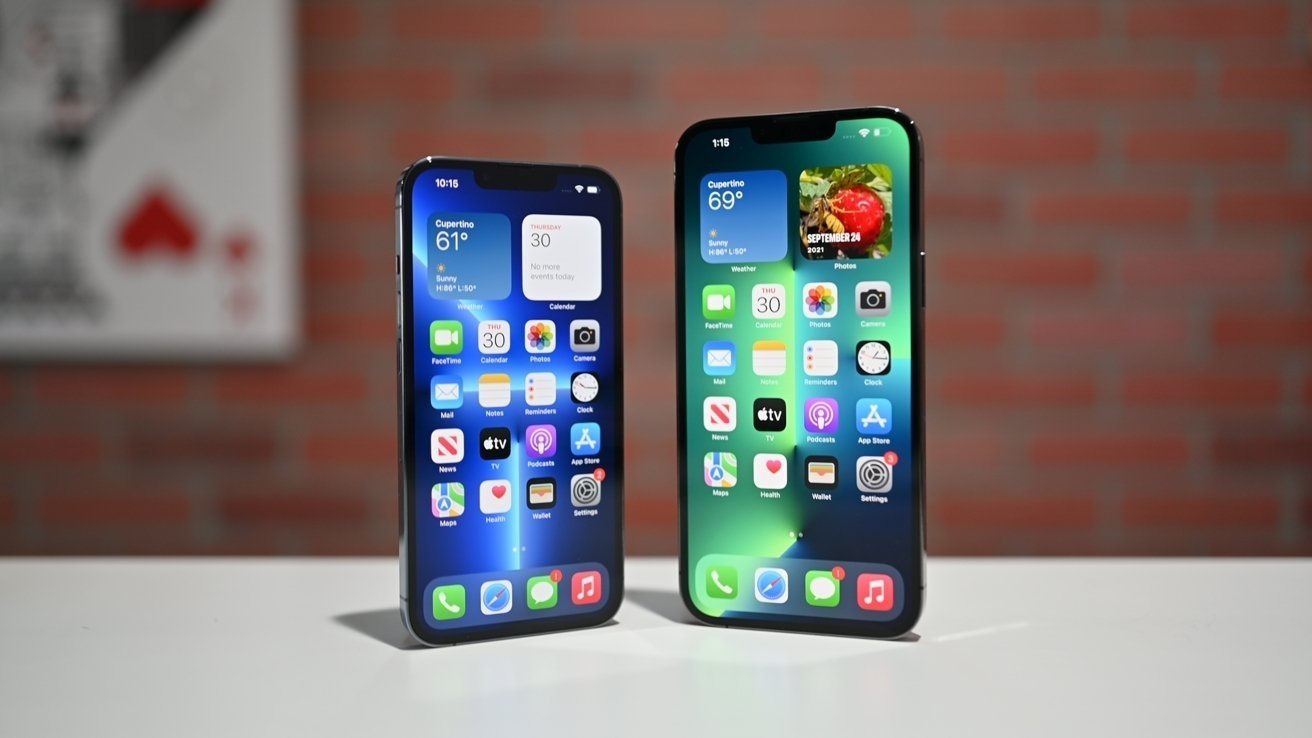
Can You Jailbreak A Locked iPhone 13?
It is possible to jailbreak a locked iPhone 13 using certain jailbreaking tools available in the market. However, it is important to note that jailbreaking an iPhone does not remove the iCloud Activation Lock.
Jailbreaking refers to the process of removing software restrictions imposed by Apple on iOS devices, allowing users to gain more control over their device and install unauthorized apps, tweaks, and themes. It can be done on both locked and unlocked iPhones, including the iPhone 13.
Here are some key points to consider regarding jailbreaking a locked iPhone 13:
1. Jailbreaking process: Jailbreaking involves exploiting vulnerabilities in the iOS software to gain root access to the device. This allows users to install third-party apps and make system-level modifications. However, it does not remove the iCloud Activation Lock, which is a security feature tied to the device’s unique IMEI or serial number.
2. iCloud Activation Lock: The iCloud Activation Lock is a security feature designed to prevent unauthorized access to a stolen or lost iPhone. When enabled, it requires the user to enter the Apple ID and password associated with the device to activate and use it. Jailbreaking cannot bypass or remove this lock, as it is linked to Apple’s servers and not the device’s software.
3. Consequences of jailbreaking: Jailbreaking can void the warranty of your iPhone and may lead to potential security risks. It can also cause stability issues, device malfunctions, and even permanent damage if not done correctly. Additionally, Apple does not provide support or assistance for jailbroken devices.
4. Legality and ethics: While jailbreaking is not illegal in many countries, it may void your warranty and violate the terms of service with Apple. It is essential to consider the legal and ethical implications before proceeding with jailbreaking your iPhone.
While it is possible to jailbreak a locked iPhone 13, it will not remove the iCloud Activation Lock. Jailbreaking can provide more control over your device, but it comes with potential risks, warranty voiding, and is not supported by Apple. It is important to thoroughly research and understand the implications before attempting to jailbreak your device.
Why Can’t iPhone 13 Be Jailbroken?
IPhone 13 devices, including the iPhone 13 and iPhone 13 Pro, cannot be jailbroken at the moment due to a lack of available jailbreak tools for iOS 15 or later. Jailbreaking is the process of removing software restrictions imposed by Apple on iOS devices, allowing users to gain more control over their devices and customize them beyond the limitations set by the official iOS operating system.
Here are the reasons why iPhone 13 cannot be jailbroken:
1. iOS Version: iPhone 13 devices come with iOS 15.0 or later pre-installed. Currently, there is no jailbreak available for iOS 15 or any subsequent versions. Jailbreak tools are developed by independent developers who exploit vulnerabilities in iOS to gain root access and bypass Apple’s security measures. These exploits take time to discover and develop, and they are not immediately available for new iOS versions.
2. Security Enhancements: With each new iOS release, Apple introduces security enhancements to protect the operating system and user data from potential threats. These security measures make it more difficult for developers to find vulnerabilities and create jailbreak tools. As a result, it takes longer for jailbreak developers to create a stable and reliable jailbreak solution for the latest iOS versions.
3. Cat-and-Mouse Game: Jailbreaking is essentially a cat-and-mouse game between Apple and jailbreak developers. As Apple releases new iOS versions with improved security features, jailbreak developers need to find new vulnerabilities to exploit. It often takes time for developers to discover these vulnerabilities, develop a jailbreak tool, and ensure its stability and compatibility with different iPhone models.
4. Developer Priorities: Jailbreaking has become less popular over the years, as Apple has introduced more customization options and features in its official iOS updates. This has led to fewer developers actively working on jailbreak tools, further delaying the availability of jailbreaks for newer iOS versions.
5. Legal and Warranty Concerns: It’s important to note that jailbreaking an iPhone is considered a violation of Apple’s terms and conditions. It can also void the device’s warranty. While jailbreaking offers additional customization options, it also exposes the device to potential security risks and instability. Apple discourages jailbreaking to maintain the security and stability of its devices.
The lack of a jailbreak for iPhone 13 devices is primarily due to the absence of a jailbreak tool for iOS 15 or later. It requires time, expertise, and the discovery of vulnerabilities for developers to create a reliable jailbreak solution. Until such a jailbreak becomes available, iPhone 13 users will have to wait or refrain from jailbreaking their devices.
What Happens If You Jailbreak Your iPhone 13?
When you jailbreak your iPhone 13, it means you are bypassing the restrictions set by Apple on your device. This gives you more control and access to certain features that are not typically available on a non-jailbroken iPhone.
Here’s what happens when you jailbreak your iPhone 13:
1. Bypassing Restrictions: Jailbreaking allows you to install software and tweaks that are not approved or available through the official Apple App Store. This means you can customize your device beyond what is allowed by Apple.
2. Installing Third-Party App Stores: By jailbreaking, you gain the ability to install independent app stores, like Cydia or Sileo, on your device. These alternative app stores provide access to a wide range of apps, including those that Apple has rejected or deemed incompatible with their guidelines.
3. Customization: Jailbreaking enables you to customize the look and feel of your iPhone 13. You can install themes, change icons, modify system fonts, and personalize various aspects of the user interface.
4. Accessing System Files: Jailbreaking grants you access to the root file system of your iPhone. This means you can explore and modify system files and settings that are typically off-limits on a non-jailbroken device.
5. Tweaks and Modifications: Jailbreaking allows you to install tweaks and modifications that enhance the functionality of your iPhone 13. These tweaks can add new features, improve performance, or enhance existing functionalities of apps and the operating system.
6. Risk of Security Vulnerabilities: Jailbreaking your iPhone 13 can expose your device to potential security risks. By bypassing Apple’s security measures, you may inadvertently install malicious software or tweaks that could compromise the security and stability of your device.
7. Warranty and Support: It’s important to note that jailbreaking your iPhone 13 will void its warranty with Apple. If you encounter any issues with your device, Apple may refuse to provide support or service for a jailbroken device.
It’s crucial to consider the pros and cons before deciding to jailbreak your iPhone 13. While jailbreaking provides additional customization options and access to a wider range of apps, it also carries potential risks and can void your warranty.
Why is It Illegal to Jailbreak an iPhone?
There are several reasons why jailbreaking an iPhone is considered illegal:
1. Violation of Terms of Service: When you purchase an iPhone, you agree to Apple’s Terms of Service, which explicitly state that jailbreaking is not allowed. By jailbreaking your iPhone, you are breaching this agreement.
2. Copyright Infringement: Jailbreaking often involves bypassing Apple’s restrictions and installing unauthorized apps or modified versions of the iOS operating system. This can involve the use of pirated software or applications, which is a clear violation of copyright law.
3. Security Risks: Jailbreaking removes certain security measures put in place by Apple to protect users from malicious software and potential threats. By bypassing these safeguards, you expose your device to a higher risk of malware, viruses, and unauthorized access.
4. Stability and Performance Issues: Jailbreaking can lead to instability and performance problems on your iPhone. Since jailbreaking alters the core software and allows for the installation of unauthorized apps, it can interfere with the normal functioning of the device, causing crashes, freezes, and other issues.
5. Voiding Warranty: Jailbreaking also voids your iPhone’s warranty. Apple does not provide support or repairs for jailbroken devices, so if something goes wrong, you will have to bear the cost of fixing it yourself.
It’s important to note that laws regarding jailbreaking may vary depending on your country or region. While jailbreaking is generally considered illegal, there have been legal exceptions made in some places. However, even in those cases, the associated risks and potential consequences should be carefully considered before proceeding.
Conclusion
While it is technically possible to jailbreak an iCloud-locked iPhone, it is important to note that jailbreaking will not remove the iCloud Activation Lock. Jailbreaking only removes certain software restrictions and allows for customization and access to additional features. However, it does not bypass the iCloud Activation Lock, which is a security measure designed to prevent unauthorized access to a device.
Unfortunately, as of now, there is no available jailbreak for iPhone 13 or iPhone 13 Pro. This is because these devices come with iOS 15 or later installed, and there is currently no jailbreak available for iOS 15. Therefore, if you have an iPhone 13 or iPhone 13 Pro, you will not be able to jailbreak your device at this time.
It is important to understand that jailbreaking has both advantages and disadvantages. On the one hand, it allows for customization and access to additional features that are not available on non-jailbroken devices. On the other hand, jailbreaking can void your warranty, expose your device to security risks, and may lead to instability or performance issues.
It is also worth mentioning that jailbreaking does not give you a free pass to use pirated apps or operating systems. While jailbreaking grants users root access to their devices, it is still necessary to abide by copyright laws. Using pirated copies of apps or operating systems is illegal and can have legal consequences.
While jailbreaking an iPhone 13 or iPhone 13 Pro is currently not possible due to the lack of an available jailbreak for iOS 15, it is important to consider the advantages and disadvantages of jailbreaking before proceeding. It is always recommended to weigh the risks and benefits and make an informed decision based on your individual needs and preferences.






